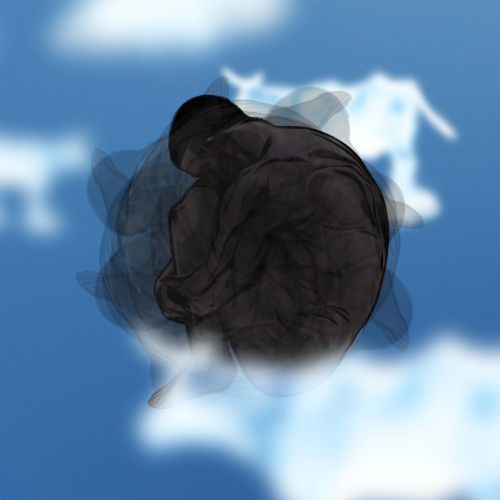Loneliness: new definitions and loneliness among EU residents
Why do scientists expand the definition of loneliness to include the feeling of disconnection from animals, places, habits, rituals or weather? For example, Turkana shepherds in Kenya have to abandon their seasonal lifestyle due to climate change, droughts and violence in the region. Families are separated from farm animals, and social bonds based on the exchange of cattle are breaking down. The identity of local men is so closely linked to the ownership of farm animals that in the Turkana language, there is a word to describe a man without animals – ekebotonite. According to anthropologist Ivy Pike of the University of Arizona, “the loneliness of not having animals involves a particular kind of suffering that goes beyond the food and sustenance provided by farm animals.” In our story, you can read about the Turkana people and their struggles with climate change.
According to researchers from the University of Arizona, time spent alone does not closely correlate with feelings of loneliness unless a person spends 75% of his time alone. According to experts, “loneliness and isolation are related but distinct concepts.” The situation changes for people aged 68 and over, for whom loneliness is strongly associated with social isolation.
A report on loneliness prepared for the European Commission shows that at least one in 10 people in the EU feels lonely most of the time. Loneliness is most common in Ireland, where it is declared by approximately 20% of respondents. The lowest level of loneliness was observed in the Netherlands, Czech Republic, Croatia, Spain and Austria – less than 10% of the surveyed sample.


























